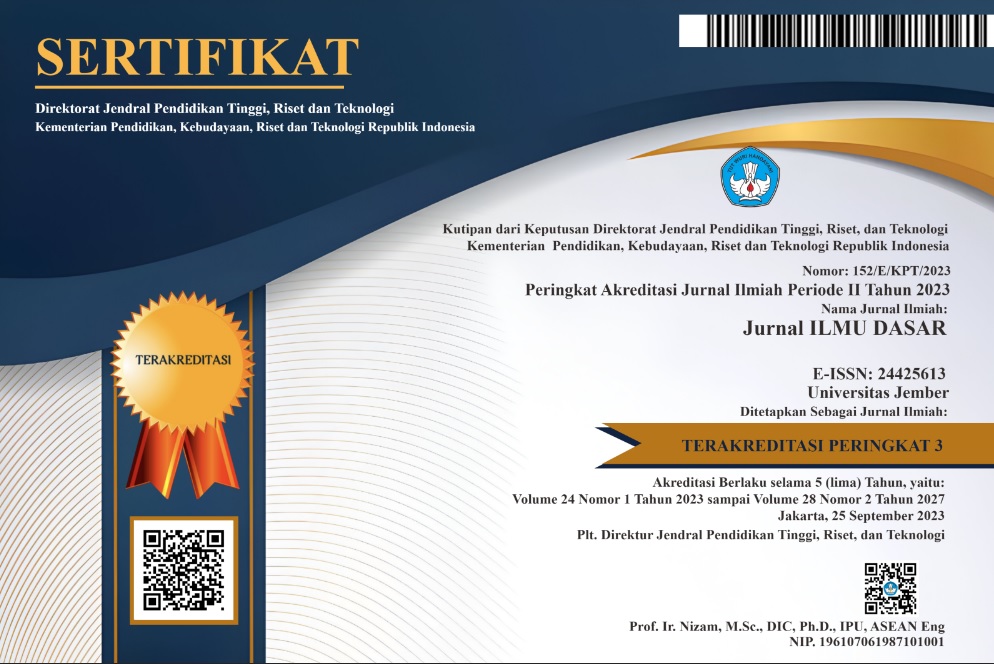Mechanical Properties and Biodegradability of Bamboo and Sengon Wood Thin Sheets Reinforced Poly Latic Acid (PLA) Biocomposites)
DOI:
https://doi.org/10.19184/jid.v14i2.513Abstract
Development of biocomposite materials based on natural fibers and environmentally friendly resins to replace composite materials made from plastic and synthetic fibers give the consideration that the biocomposite materials are environmentally friendly materials. In this paper, we discuss the synthesis and characterization of biocomposite materials using a combination of thin sheets of bamboo reinforcement and resin sengon and poly lactic acid (PLA). As controls were also carried out the synthesis and characterization of biocomposite material with a thin layer of reinforcement only sengon bamboo and wood. Characterization of tensile strength and modulus of elasticity of the material is done by using the Tensile Test Machine ASTM D 638. In the mean time, biodegradability of materials are observed made by the method of burial for 1-4 weeks. Tensile test results show that the biocomposite material reinforced with a thin sheet bamboo has a tensile strength and modulus of elasticity greater than that of the other biocomposite materials produced in this study. Meanwhile, biocomposite materials with thin layers of wood sengon reinforced easily biodegradable (dG = 13.21 ± 0.59)%, compared to a biocomposite material with a thin layer of bamboo reinforcement (dG = 10.69 ± 0.79)%. From these results it can be concluded that the composite material with a thin layer of bamboo boosters are more likely to be applied to replace metallic materials.
Keywords: Biocomposites, tensile strength, elastic modulus, biodegradability, bamboo and sengon wood thin layer.








